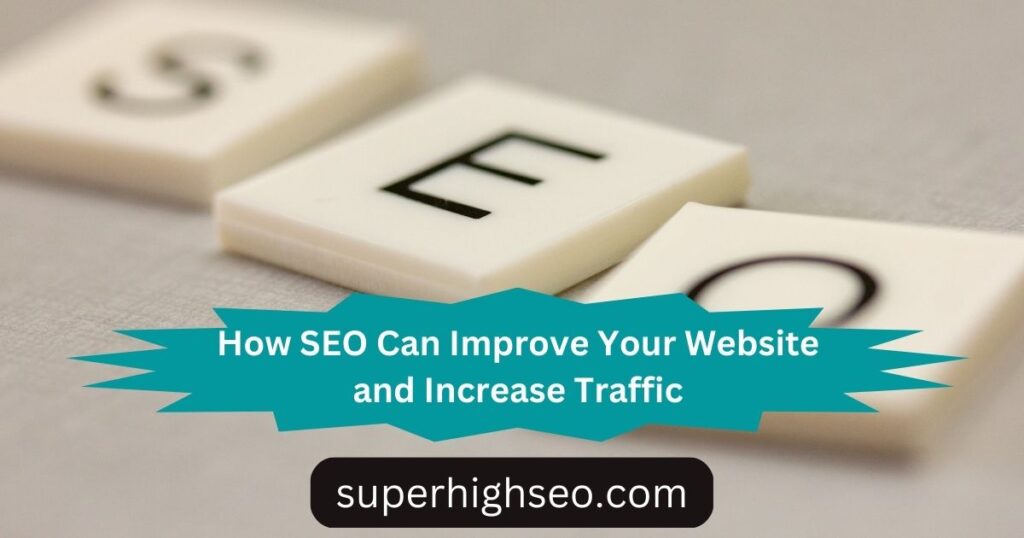
Optimize the Title Tag
Optimizing the title tag of your website is the first step in improving your SEO, as it’s the most visible and clickable part of a search result. Title tags should be relevant to what people are searching for while accurately representing your website’s content. Keeping title tags short and creative will ensure users click on them and are directed to your website.
Utilize Heading Tags
Using heading tags throughout your webpage makes it easier for search engines to crawl and index it and helps readers easily navigate through essential sections of a page. Heading tags also emphasize vital keywords that can help increase search engine optimization for that page or post.
Improve Internal Linking Structure
Internal links create relationships between related webpages on one domain, which improves its priority in searches, boosts organic traffic, and gives visitors a better user experience by providing them with easy navigation between different sections of a website. Plus, they distribute link juice (value) equally among all pages of an entire site when done correctly –– resulting in improved rankings overall across multiple pages.
Add Image Descriptions and Alt Text
When optimizing images on webpages, it’s essential to include descriptions of each photo that cover their context within the posting and utilize keywords wherever possible. This will help increase organic visibility while providing additional helpful information to users and crawlers. Additionally, image files should have alt text included. Hence, if they don’t render correctly, crawlers still understand the context behind them, and screen readers can provide better descriptions for those using assistive technology devices.
Provide High-Quality Content
Google has consistently prioritized user experience– only sending people to websites that provide valuable content that answers their queries quickly and efficiently gets rewarded with higher rankings moving forward. Providing quality content also increases visitor engagement, resulting in long browse times, more shares/links, and a higher bounce rate ===> increasing SEO rankings & traffic over time. That’s why it’s critical to curate hot topics that’ll pique interest & give readers something worth reading–driving more valuable leads down the funnel!
Use Structured Data Cue Words
Structured data uses clues from small amounts of code written into websites called ‘microdata’ or ‘schema markup.’ This code offers hints about what type of data may be found on webpages so Google can display rich snippets in search results, such as by adding review ratings stars or authors to articles posted. Structured data & schema markups provide additional patterns within websites that can instantly capture attention — directing new sources toward yours above others!
Improvise Site Speed
Your page must not just look good, but it should load fast, too! Poor performances can drag down your website ranking because Google prefers faster-loading sites to slower ones since we live in an era where speed is everything! All aspects must be considered; things compound quickly, like server response time, file compressions, etc.… A few simple optimizations here & there could make all the difference between success & failure!
Digital Marketing Guide:
